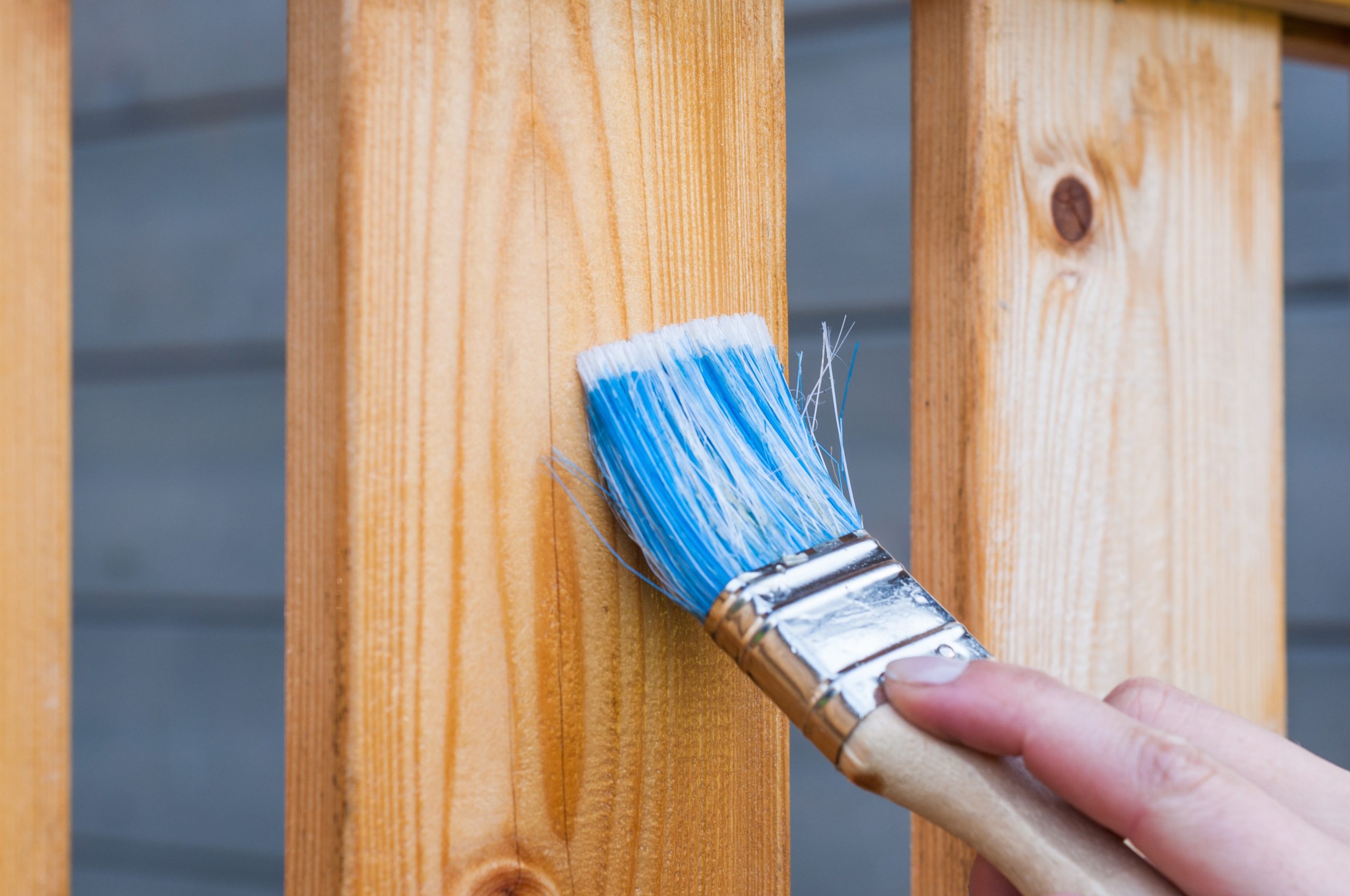
This is a tricky question—and one that doesn’t have a one-size-fits-all answer. There are pros and cons to allowing tenants to improve your property, and the risks and rewards can vary widely depending on the situation. But before we dive into the decision-making process, one thing needs to be absolutely clear:
The lease must define whether tenant improvements are allowed—and under what conditions.
Improvements vs. Repairs: What’s the Difference?
Before going further, it’s important to distinguish between tenant improvements and tenant repairs:
-
Improvements are elective changes made to enhance aesthetics or functionality—like painting, installing shelves, upgrading fixtures, or planting a garden.
-
Repairs are maintenance tasks required to keep the property safe, habitable, and in working order—like fixing a leaky faucet, replacing a broken tile, or patching a hole in the wall.
Most landlords do not allow tenants to make repairs themselves for liability and quality-control reasons. Repairs should be handled by licensed professionals or the landlord’s approved vendors.
Improvements, however, are more flexible—but they require careful consideration.
The Risk of Repairs for Compensation or Reduced Rent
A specific area of concern is when a tenant asks to perform repairs in exchange for compensation or a rent discount. On the surface, this may seem like a win-win—you save on labor, and the tenant saves on rent. But this arrangement comes with serious risks:
-
Liability exposure: If something goes wrong—electrical mishap, water damage, injury—you could be held responsible.
-
Quality control: Even well-meaning tenants may not meet professional standards, and shoddy repairs can result in greater costs later.
-
Unclear boundaries: These arrangements can blur the line between tenant and contractor, creating complications with insurance, taxes, and legal responsibilities.
-
Conflict of interest: In the worst-case scenario, a tenant might become both the firefighter and the arsonist—reporting problems they are uniquely positioned to “fix” for a fee or rent credit. This creates potential for abuse and distrust.
For these reasons, it’s best to maintain a clear policy: tenants should report repair issues, not fix them. You maintain control, ensure safety, and protect your property’s long-term value.
If You’re Considering Allowing Improvements
If you’re open to tenant-led upgrades, your lease agreement should include:
1. Written Permission Requirement
Tenants must obtain written approval before making any modifications to the property—no exceptions.
2. Clear Definition of Improvements
Be specific about what qualifies as an improvement. For example, painting a bedroom ceiling with glow-in-the-dark stars might seem fun to a tenant, but it may not align with your vision for the unit.
3. Cost Responsibilities
Who pays for what? If the improvement is not necessary for habitability and is purely cosmetic (like changing wall colors shortly after move-in), it’s reasonable for the tenant to pay. If the improvement brings the unit up to market standards after years of wear (like repainting after a long tenancy), the landlord may want cover it.
4. Ownership and Reversibility
All improvements should become the property of the landlord and remain after the tenant vacates—unless otherwise agreed in writing. The lease should also state that the tenant is liable for any devaluation caused by unapproved or poorly executed changes.
Questions to Ask Yourself Before Approving a Tenant’s Request
-
Does the improvement increase the property’s value or appeal?
-
Will it improve tenant retention?
-
Does the tenant have experience with the requested work?
-
Can they complete the project on a defined timeline?
-
What if they never finish or damage the property?
-
Will their security deposit cover restoration if needed?
-
Do their design choices align with your standards?
-
Will the next tenant appreciate the change—or will it need to be reversed?
-
Are they asking you to pay for materials? If so, are they using quality supplies?
Questions to Ask the Tenant
-
What exactly do you want to do? Provide a detailed plan.
-
Do you have relevant experience or references?
-
How long do you plan to remain in the unit?
-
Can you meet a clear deadline and quality standard?
A Case-by-Case Decision
If the tenant is dependable, has the skills, and is making a request that improves the unit or keeps it current with market standards, you may have reason to say yes.
If you’re unsure of their ability, or the project seems risky or misaligned with your long-term property goals, it’s okay to say no. But consider this: if the idea has merit, you might still choose to complete it yourself or hire it out.
Tenant-suggested upgrades often highlight opportunities to improve your property’s appeal, potentially increasing value and reducing turnover. Even when you say no to DIY, saying yes to the idea could still be a win.
Final Tip: Always document approvals, expectations, and outcomes in writing. It protects you, your property, and the tenant relationship.
About Rentals America
Rentals America provides full-service property management for residential rental properties. Our team is completely dedicated to property management and we’re here to help landlords navigate the rental market.










